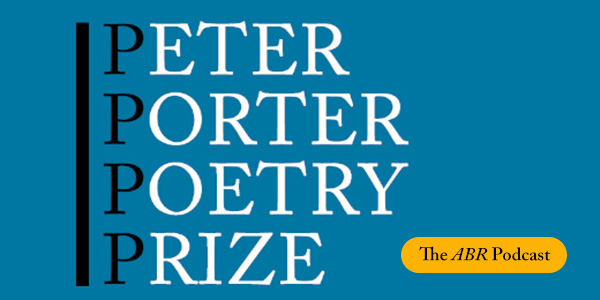Accessibility Tools
- Content scaling 100%
- Font size 100%
- Line height 100%
- Letter spacing 100%
Nadia Wassef
The ABR Podcast
Released every Thursday, the ABR podcast features our finest reviews, poetry, fiction, interviews, and commentary.
Subscribe via iTunes, Stitcher, Google, or Spotify, or search for ‘The ABR Podcast’ on your favourite podcast app.
2025 Peter Porter Poetry Prize Shortlist
Read by the poets
This week on The ABR Podcast we feature the 2025 Peter Porter Prize shortlisted poems, as read by the five poets, published in the January-February issue of ABR.
Recent episodes:
‘I would like to write about dominance, revulsion, separation, the horrible struggles between people who love each other,’ wrote Helen Garner, foreshadowing How to End a Story, the final instalment of her published diaries, following Yellow Notebook (2019) and One Day I’ll Remember This (2020). While the first two volumes spanned eight years apiece, How to End a Story spans only three. Starting in 1995, shortly after shortly after the release of Garner’s The First Stone, it details the dissolution of her marriage to another writer, V. As Lisa Gorton notes, this volume differs from its precursors both in tone and focus: ‘This one is as compelling as a detective story. This one is edited with the sense of an ending.’
... (read more)


